Ever since I started my fitness journey, I have been consuming beetroot. I eat beetroot regularly to keep my health under control. I eat it cooked and also as a salad. It is good to eat and good for health. It has helped me lose weight and also helped me stay healthy.
If you want to add something good to your diet, you can add beetroot. You will get multiple benefits. It is very tasty to eat. Beetroot can be cooked and eaten and can also be eaten as a salad. It will keep both your physical and mental health in good condition. Although it is a winter vegetable, it is now available throughout the year.
Table of Contents
Beetroot Powder
Beetroot, also known as beet, has the scientific name Beta vulgaris. This dark red, onion-shaped vegetable is rich in various nutritional and medicinal properties. It is a versatile and vibrant vegetable that has gained significant popularity in recent years due to its numerous health benefits. Beetroot powder is rich in essential nutrients and antioxidants, making it a superfood. These nutrients can increase overall health and well-being.
Beetroot contains many nutrients like potassium, iron, magnesium, and vitamin B6, which are beneficial for maintaining good health. Due to the presence of iron, doctors also recommend eating beets to address anemia. Experts say that while beets have benefits, they also have side effects. Beets should be avoided in the diet of patients suffering from certain diseases.
Nutrition in Beets
Beetroot nutrition facts confirm that it is a good source of essential vitamins and minerals, including vitamin C, B6, folate, magnesium, iron, and potassium. Additionally, it contains dietary fiber and beneficial plant compounds such as betalains and nitrates. These compounds contribute to beetroot’s vibrant color and are responsible for many of its health-promoting properties. One cup (about 136 grams) of raw beetroot contains:
- Energy: 58 calories, making it a low-calorie food choice.
- Fiber: 2.2 grams
- Total fat: 0.2 g
- Sodium: 3% of the Daily Value
- 11% of the Daily Value for potassium
- Folate: 34% of the Daily Value
- 7% of the Daily Value for vitamin C, iron, and B6.
How to Eat Beets
Beetroot can be eaten raw, cooked, or in powder form. Eating it raw is more beneficial. You can make beetroot juice, smoothies, and salads. Apart from this, you can cook it with different vegetables.
You can drink beet juice by mixing it with carrot, tomato, apple, or pomegranate juice. Juice can also be made from beetroot powder. You can easily make a salad with beets. As a winter vegetable, you can mix it with any food and cook it.
Taste of Beetroot
It has a sweet taste, with a flavor similar to sweet potatoes. Sugar is produced in different countries from beets. It can be eaten raw in salads, boiled, or baked with other ingredients in soups, stews, stir-fries, sauces, etc. Beet leaves can also be fried like a vegetable, which is very tasty.
Benefits of Beetroots
A study in the Journal of Nutrition on beetroot found, “At least one glass of beetroot juice per day helps lower blood pressure. People with high blood pressure that is not controlled by medication. A glass of beetroot juice can lower and control their blood pressure.
In particular, beet juice has been found to be very effective for people over 54 and 80 years old.” Apart from drinking beet juice, it can be eaten in soups, salads, or as a healthy dessert. This beneficial vegetable can be included in the daily diet with a doctor’s advice.
Controlling High Pressure and Sugar Levels
Beetroot is very beneficial for high blood pressure patients. It contains nitrates which helps to dilate blood vessels and reduce blood pressure. It also regulates blood sugar levels. Women experience menopause after a certain age, and the body then absorbs more salt from food, which increases blood pressure.
This can lead to palpitations, headaches, and anxiety. If not treated, it can be dangerous. But beetroot is quite useful in this case.
Reduces Inflammation
Nitrates in beetroot reduce blood vessel inflammation. In addition to nitrates, beets contain betalains, a type of pigment that also reduces blood vessel inflammation. These two ingredients together reduce the risk of disease in your body. Beets contain an anti-inflammatory compound called betaine, which controls inflammation.
Eye Care
Beets are very beneficial for the eyes. Green beets can be eaten raw, and when cooked or ripe, they contain an antioxidant known as lutein. This lutein helps to reduce age-related eye diseases. Beets contain plant-derived phytochemicals that promote eye health and strengthen the surrounding nerve tissue. The lutein antioxidant in beets helps to reduce eye problems.
Improves Digestion
If you suffer from digestive problems, start eating beets. Beetroot will eliminate all your digestive issues. Beets are rich in fiber, which helps digestion and reduces the risk of constipation, diverticulitis, and even colon cancer.
Increases Brain Performance
Brain function tends to decrease over time, leading to memory issues. Just one cup of beets can help prevent this condition. Beets increase blood flow to the brain and regulate blood sugar, thereby improving brain performance.
Reduces the Risk of Cancer
Beets work very well against colon cancer and reduce its risk. Due to their high amount of antioxidants and pigments, red beets are thought to act against carcinogens that are responsible for colon cancer. Beets are effective in preventing colon cancer.
Increases Physical Strength
Body strength decreases with age, but beets can help increase it. Beets are a vegetable with many qualities. If you want to stay active in old age, add beetroot to your diet.
Enhances Athletic Performance
Athletes and fitness professionals can benefit significantly from including beetroot in their diet. Nitrate compounds in beetroot can improve exercise performance by increasing oxygen consumption and endurance. According to various studies, consuming beetroot juice before a workout or athletic event can improve stamina and delay fatigue.
Boosts Immunity
Beetroot’s impressive nutritional profile and high vitamin C content make it a valuable ally in supporting a strong immune system. Vitamin C is renowned for its immune-boosting properties and ability to activate white blood cell production.
Regular consumption of beets helps prevent infections and ward off common ailments like the flu and colds. Consuming an adequate amount of beetroot juice removes toxins from the body and boosts immunity.
Enhances Liver Function
Beetroot contains betalains which contribute to its liver-protective properties. These compounds aid in detoxification and stimulate the liver’s natural enzymes, helping to eliminate toxins from the body. Regular consumption of beets can support liver health and prevent liver damage due to oxidative stress and inflammation. As it contains betaine, it prevents fat accumulation in the liver and detoxifies the body effectively.
Aids in Weight Loss
Beetroot’s low calorie and high fiber content make it an excellent addition to a weight management diet. The fiber in beets increases feelings of fullness and satiety, reducing the likelihood of overeating. Additionally, nitrates in beetroot help improve exercise performance, enabling individuals to burn more calories during physical activity. By including beetroot in a balanced diet, you can achieve your weight loss goals more effectively.
Reduces Cholesterol Levels
Beetroot juice helps reduce blood cholesterol levels. Nitrates present in beets play an important role in reducing cholesterol levels. Studies have shown that regular consumption of beetroot or beet juice can significantly reduce blood cholesterol, especially in people with high cholesterol levels.
Improves Skin Health
Beetroot’s high amount of antioxidants contributes to its skin-enhancing properties. These antioxidants protect the skin against oxidative damage and premature aging caused by free radicals.
Regular consumption of beetroot can promote a healthy complexion, reduce wrinkles and age spots, and impart a natural inner glow to the skin. The nutrients in beets keep the skin beautiful and reduce the appearance of aging.
Supports Detoxification
Beetroot have detoxifying properties which can help cleanse the body and eliminate toxins. Beetroot’s betalains support liver function, while its high fiber content helps eliminate waste through the digestive system. Regular consumption of beets can help flush out toxins and promote a healthy and efficient detoxification process.
Beetroot Powder Promotes Hair Health
Various nutrients present in beetroot, such as vitamin C, iron, and folate, contribute to healthy hair growth and maintenance. These nutrients support the production of collagen, a protein that strengthens hair follicles and promotes hair growth. Furthermore, beetroot’s antioxidant properties help protect the scalp and hair from damage caused by free radicals, leading to healthier and shinier hair.
Beetroot powder helps fight disease by increasing the amount of good bacteria in the gut. The iron in beetroot powder helps reduce the risk of anemia by producing hemoglobin in the blood. The iron present in beets can generate new red blood cells, which is very beneficial in addressing irregular menstrual problems.
Who Should Avoid Beetroot?
People with low blood pressure should avoid eating beets, as it may be harmful due to the high levels of nitrates that your digestive system converts into nitric oxide. This ingredient relaxes and dilates blood vessels, further lowering blood pressure. Therefore, people suffering from low blood pressure should avoid beets.
Beets can be harmful to patients with gallbladder stones. It contains a high amount of oxalate, which helps in the formation of gallstones. Therefore, patients suffering from gallstones should avoid beets.
Beets contain FODMAPs, short-chain carbohydrates, which can cause bloating in the stomach. FODMAPs help your body with bacterial growth, which can cause an imbalance in your digestive system. Therefore, if you are suffering from digestive problems or irritable bowel syndrome, you should not eat beets.
People suffering from diabetes should avoid consuming beets. Although beets contain fiber and help regulate blood sugar levels, they can be harmful to diabetic patients when consumed in large quantities.
There is a risk of high blood pressure due to the high content of iron and manganese in beets. Therefore, it is wise to avoid consuming too many beets.
If you are taking any blood-thinning medications, it is best to avoid beets. These may interfere with your medication and lead to bleeding.
Side Effects of Beetroot
People who already suffer from low blood pressure should avoid beets. Beets have nitrates, which can lower blood pressure. Consuming beetroot in such a situation can further lower blood pressure and harm the body.
Since beetroot is high in iron and copper, it can worsen certain conditions. If your body already contains a high amount of iron and copper, beets should be avoided.
Excessive consumption of beetroot juice can cause stomach problems. Drinking too much beet juice can cause abdominal cramps, bloating, gas, and other gastrointestinal problems.
A person who consumes a large amount of beet juice every day may develop diarrhea.
A person who consumes excessive beet juice every day may have a red color in their urine, a condition known as “beeturia.”
Bottom Line
Beetroot powder is a potent and nutritious superfood that offers numerous health benefits. From boosting energy levels to promoting heart health, improving digestion, and enhancing skin health, beetroot powder is a versatile addition to a balanced diet.
However, individuals with certain medical conditions should exercise caution and consult a healthcare professional before incorporating beetroot powder into their daily routine. As with any supplement or dietary change, moderation is key to reaping the maximum benefits of this vibrant vegetable.

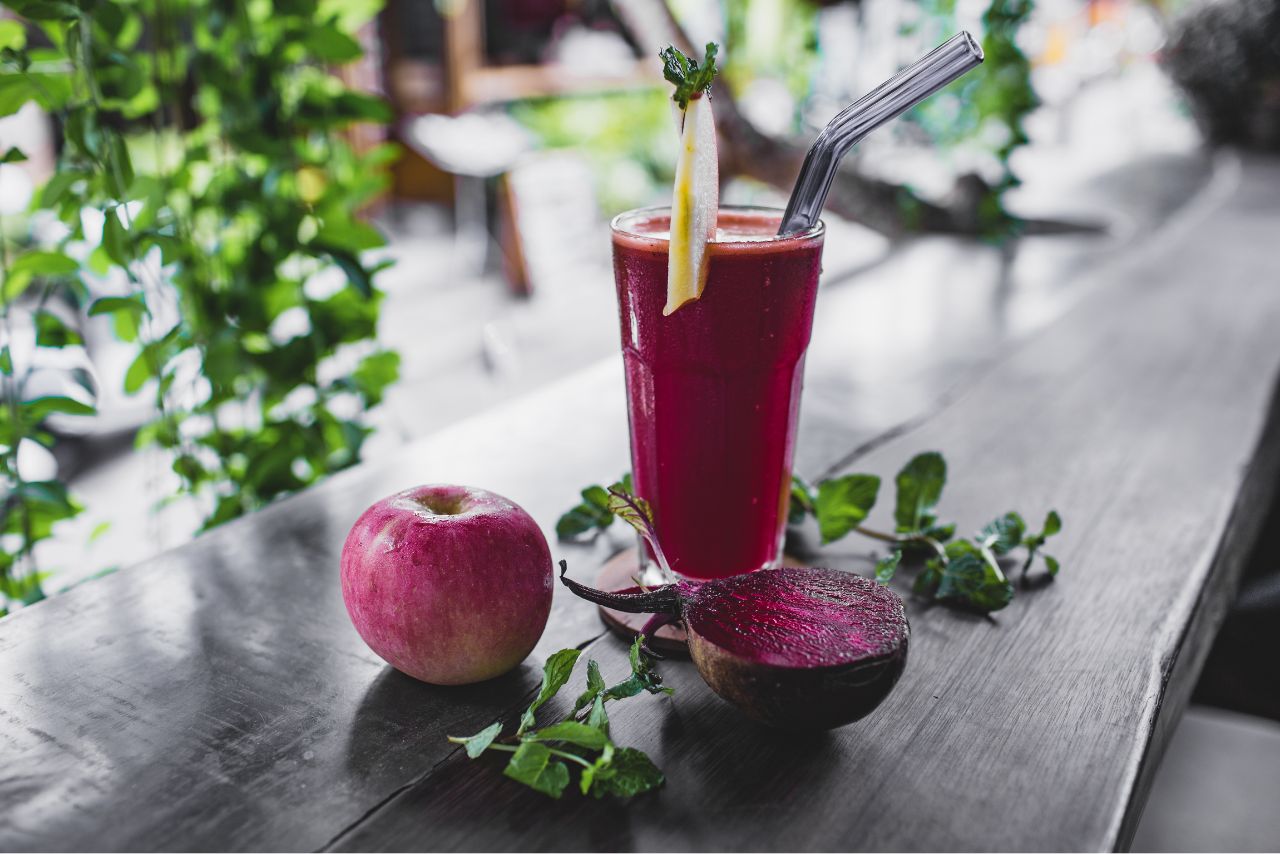
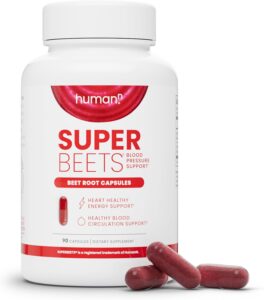
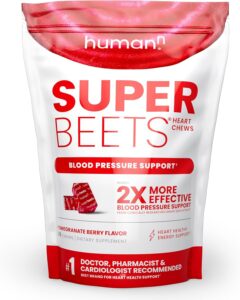
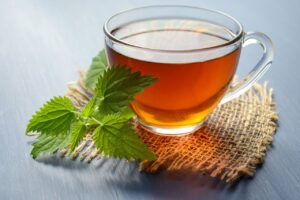

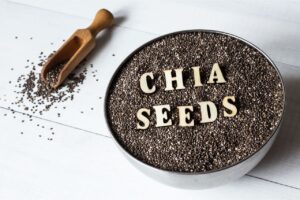
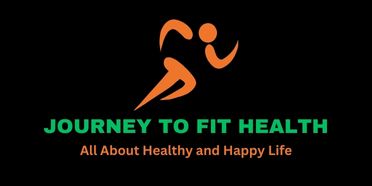
Pingback: 30 30 30 Diet | The Popular 30 30 30 Rule for Weight Loss